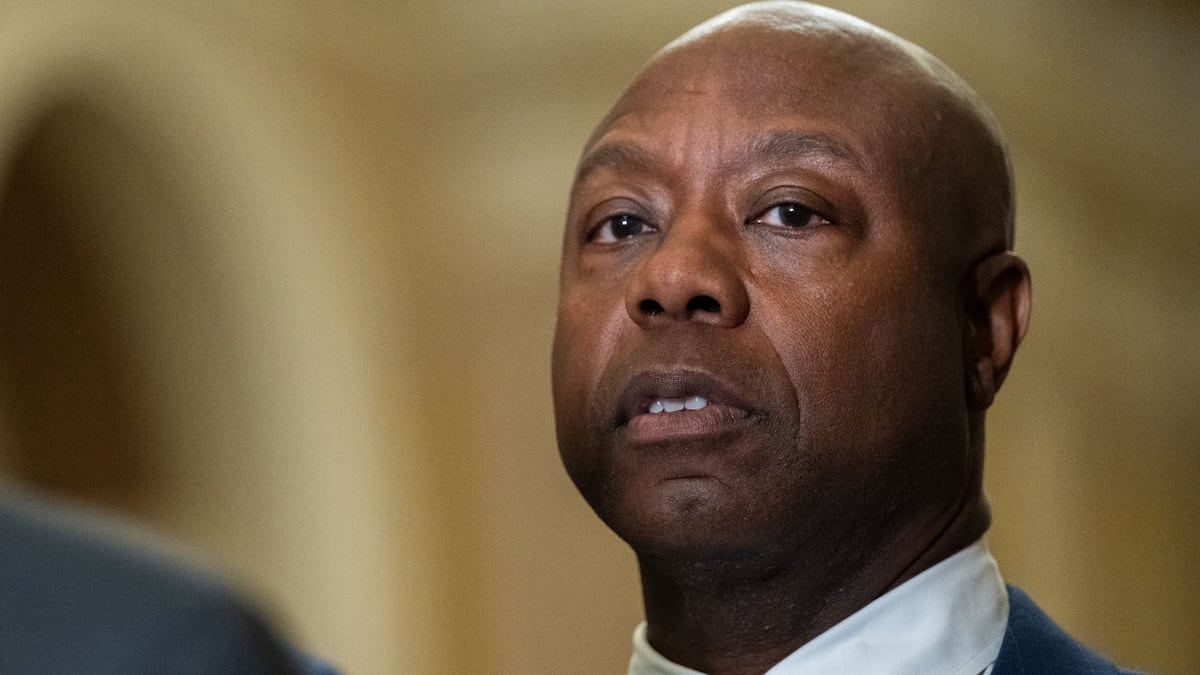- The Senate rejected a motion moving the Genius Act to the next stage of potential approval.
- Republicans failed to overcome Democratic resistance.
- President Donald Trump's crypto ventures loomed over Capitol Hill drama.
In a major setback for crypto, the US Senate voted on Thursday to not advance a landmark stablecoin bill to potential passage after a number of Democrats balked at endorsing legislation they said would endanger consumers, the financial system, and national security.
By a vote of 48 yeas to 49 nays, the Senate rejected the Genius Act after Republicans had sought to fast-track a statutory framework for the $246 billion stablecoin industry.
The Senate needed 60 votes to take the bill forward and submit it to the full Senate for a vote by simple majority and without a filibuster.
Two Republicans joined Democrats on giving that motion a thumbs down.
Senator John Thune, the majority leader, criticised Democrats for blocking the legislation.
He said six versions of the bill, and numerous modifications, had been made to satisfy the minority party’s concerns.
And he argued that Democrats could have voted for the bill on Thursday and sought changes on the floor of the Senate before a final vote of approval.
“I just don’t get it, I dont know what more they want,” said Thune, a senator from South Dakota, on the floor of the Senate.
“It makes you wonder whether this is about the bill at all or if it’s Democrats obstructing because they want to deny Republicans or President Trump a bipartisan win.”
Heavy pressure
But Democrats said the bill was fundamentally flawed from the get-go.
“The bill ignores basic protections that apply to every other financial product available in America,” Senator Elizabeth Warren, the ranking Democrat on the Senate Banking Committee, said in a statement on March 13.
In the last week, the bill’s Republican sponsors came under heavy pressure from Democrats who said crypto legislation was fraught with conflicts of interest because of President Donald Trump’s myriad digital assets ventures.
Backed by Minority Leader Chuck Schumer, Senate Democrats highlighted how World Liberty Financial, a crypto venture backed by the Trump family, had issued its own stablecoin.
Conflict of interest
But Democratic senators who had voted for advancing the bill out of the Senate Banking Committee focused on more systemic provisions, and over the weekend signalled they were now prepared to vote against it.
The group of nine Democrats led by Senator Ruben Gallego did not cite Trump in their statement of opposition.
They said the bill posed a threat to national security by not doing enough to stop bad actors from utilising dollar-backed cryptocurrencies, nor did it provide adequate provisions against money laundering.
‘We look forward to next steps in this process and bipartisan discussion.'
— Kristin Smith, Blockchain Association
Most poignantly, the bill, despite its name, would undermine “the safety and soundness of our financial system” by failing to set rules for how stablecoins would be integrated into banking and payments, the senators said.
Eleventh hour appeals
But Senator Tim Scott, the Genius Act’s champion and the chair of the Senate Banking Committee, pushed back on those arguments.
Despite eleventh hour appeals and numerous meetings to find consensus and 60 votes, Scott and his colleagues came up short.
Kristin Smith, the outgoing CEO of the Blockchain Association, struck a diplomatic, and bipartisan, note in response to the news.
“We look forward to next steps in this process and bipartisan discussion,” Smith said in a post on X.
Miller Whitehouse-Levine, the CEO of the Solana Policy Institute, told DL News there is support for the bill.
“We are optimistic that bipartisan commitment to enact stablecoin legislation will get the Genius Act over the finish line,” he said. “We look forward to supporting continued negotiations to advance this critical legislation for crypto in the US.”
Now the focus will turn to those next steps in the Senate, as well as other pieces of crypto legislation backed by Republicans, and many Democrats.
On Monday, GOP members in the House of Representatives introduced a so-called market structure bill that will define which cryptocurrencies are commodities and should be regulated by the Commodity Futures Trading Commission, and which should be overseen by the Securities and Exchange Commission.
Flurry of activity
The flurry of legislative activity signals a watershed for the cryptocurrency industry. If Congress and the White House establish a clear regulatory regime, many traditional investment firms and banks could jump into the arena with new products and services.
The clarity would also be a boost for crypto stalwarts such as Coinbase, Kraken, and Ripple.
But on Thursday, Senate Democrats showed that Trump’s crypto interests, coupled with fundamental concerns about the impact of stablecoins, were going to put off that moment for a while longer.
Updated on May 8 to add quotes from industry leaders.
With reporting by Liam Kelly.
Aleks Gilbert is DL News’ New York-based DeFi correspondent. You can reach him at aleks@dlnews.com. Edward Robinson is the story editor for DL News. Contact the author at ed@dlnews.com.


